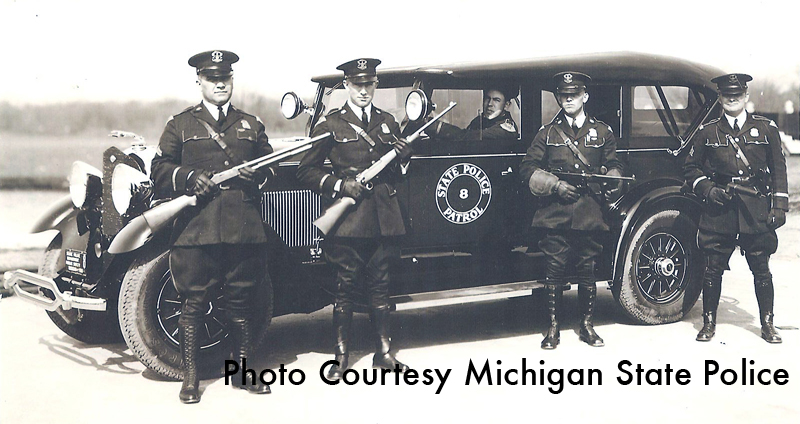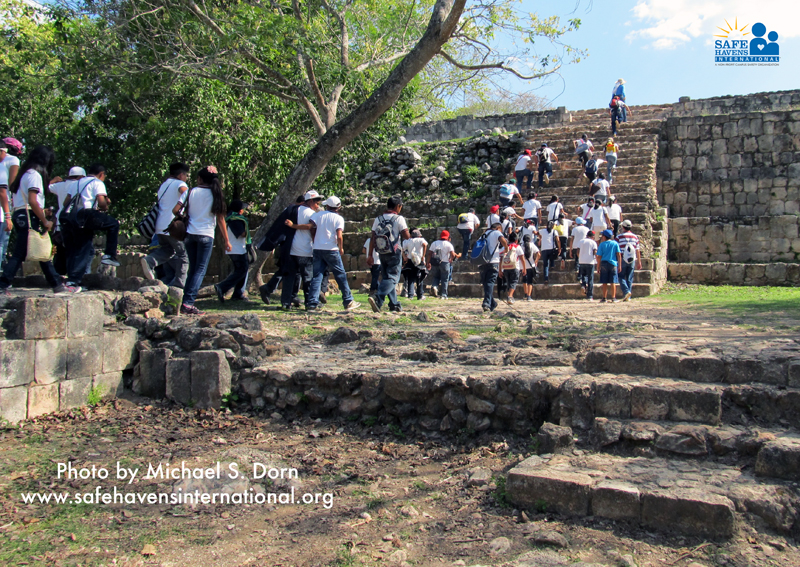Toronto middle school principal Craig Crone assures parents that his school is safe after he found a loaded Colt .38 Special revolver in a student’s book bag during a search. Crone stated that he found the gun while searching the student’s book bag after a fight at the school. The 12-year-old student has been arrested and faces disciplinary action. Anyone who follow Safe Havens should know how dangerous it is for an educator to search a student for weapons.
Gun incidents and school shootings have been problematic in Canada despite strict firearms laws. When I presented at a national school safety conference in Toronto three years ago, attendees brought up a tragic school shooting in the area. They stated that a high school student was shot and killed in a high school in the area because he was African-Canadian and school officials were criticized for their attempts to form a magnet school for black students to protect them from such acts of racial violence at school.
The school principal feels that security cameras will make the school safer and they are in the process of adding cameras at this time. “Those things are going to make a difference, I believe, and it’s going to reassure staff and the community and the parents, obviously.”
There is no research to show a correlation between security cameras and reductions in school weapons violence. Most targeted acts of violence have occurred in schools with CCTV coverage. While cameras can be a valuable addition to school security strategies, other measures such as reducing the number of fights on campus, visual weapons screening, random surprise metal detection, improvements in student supervision and educational programs have shown far more dramatic reductions in student weapons violations.
The school notified parents that there had been an incident at the school by way of a letter, but were not notified that a gun had been found. The school serves 560 students in Grades 6, 7 and 8. A meeting was set for Wednesday to provide parents with additional information.

